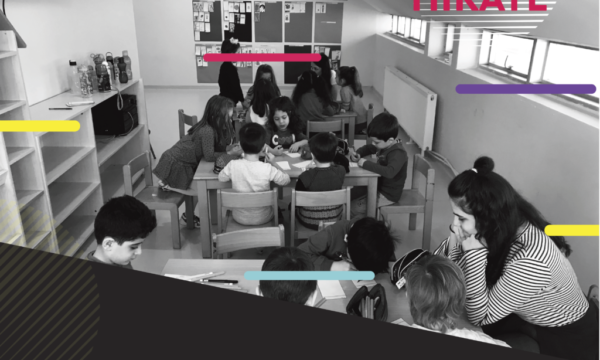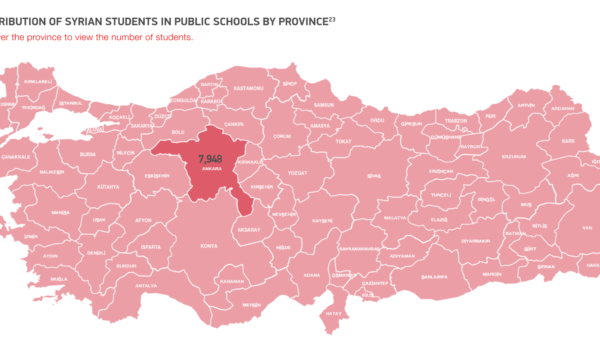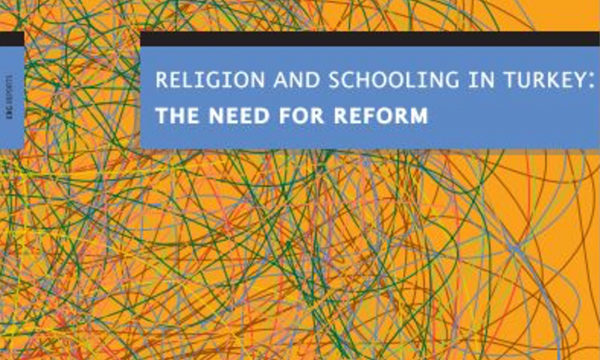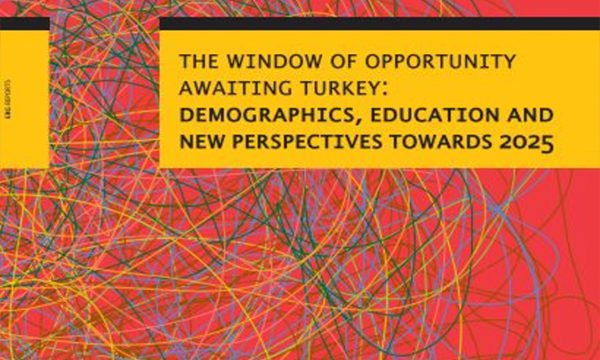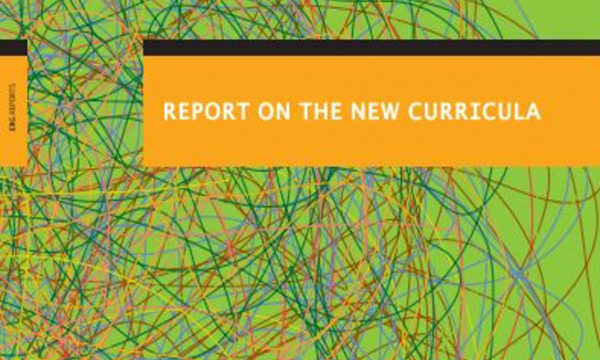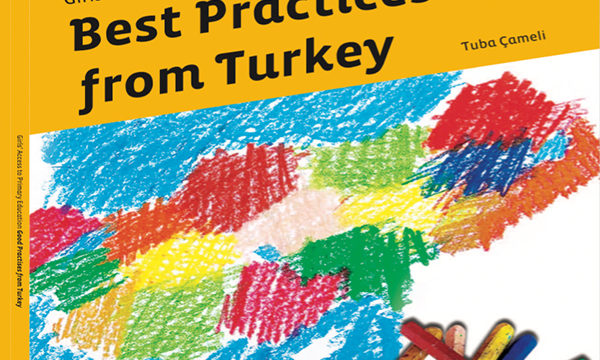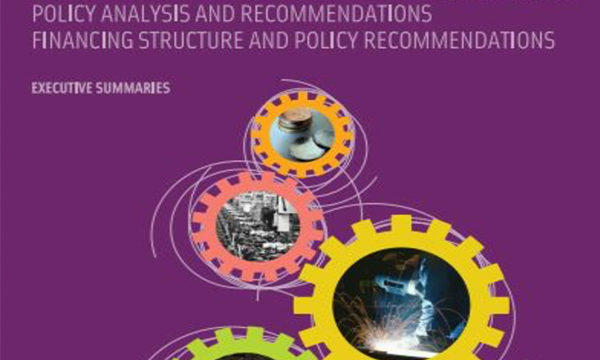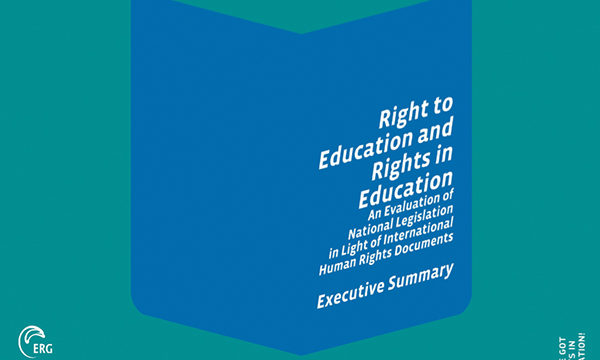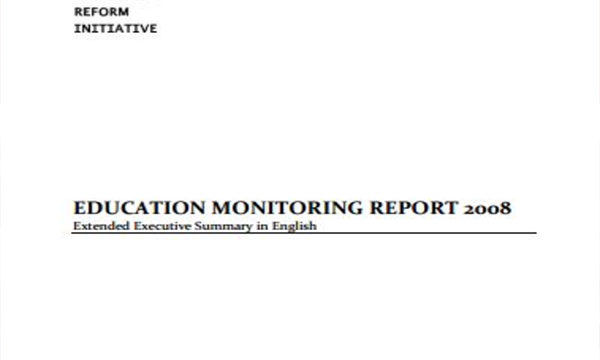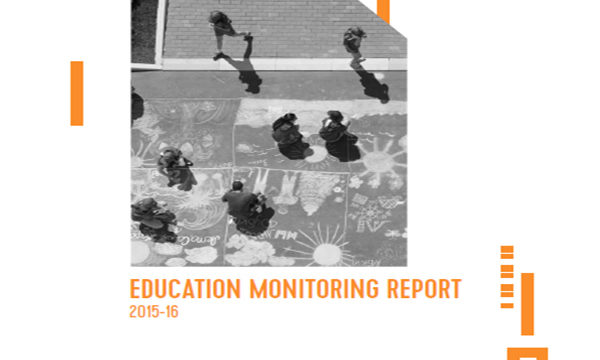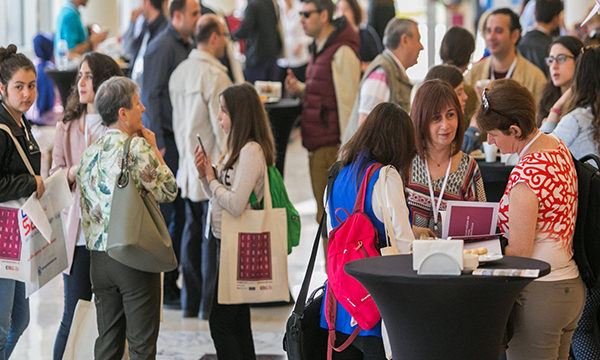Turkish Daily News, Mustafa Oğuz
The government’s education initiative to open 17 new universities, which was passed by Parliament late on Thursday, has stirred up debate on whether it is aimed at addressing the rising demand for universities or just an election ploy. The current Parliament has established 39 universities since November 2002, with only nine out of 81 provinces in the country being left without a university. Some experts believe the government’s emphasis on higher education is misplaced and the focus should really be on vocational studies at the secondary level because Turkey suffers a serious lack of medium-level technicians. The president of the Education Personnel Union (Eğitim-Sen), Alaaddin Dinçer while acknowledging the importance of investing in university education, said the low quality of education at vocational schools was a big worry.
Dinçer noted that in some vocational schools, more than half the students had to repeat their classes. The founding of new universities has also raised the question on whether there is actually the necessary number of qualified staff to teach students. TOBB (The Union of Chambers and Commodity Exchanges of Turkey) University Rector Ramazan Aktaş told the Turkish Daily News that the priority should be addressing the shortfall of academic staff at universities and increasing the quality of education provided rather than building new universities. Batuhan Aydagül, Education Reform Initiative Project expert, agreed, noting: “Increasing the quality of education is the first step that has to be taken. Will the government increase the education budget or will the same amount be spent on more students and facilities?” According to the legislation, universities are to be built in Karaman, Ağrı, Sinop, Nevşehir, Karabük, Kilis, Çankırı, Artvin, Bilecik, Bitlis, Kırklareli, Osmaniye, Bingöl, Muş, Mardin and Batman. President Ahmet Necdet Sezer has already appointed the rectors of the new universities.State Minister Abdüllatif Şener said, “They (the universities) provide richness to Turkey. They contribute to the development of cities.”
TOBB University’s Aktaş said building universities could provide a boost to the economy of small cities, but argued that the policy of distributing faculties of the same university in separate regions of a province to provide equal development usually resulted in lack of communication within the university and prevented the synergy created in a campus environment. Hakan Altınay, Open Society Institute representative in Turkey provided a fresh perspective on the issue, calling for more emphasis placed on pre-schooling.
“Turkey is investing $3 billion in high-level education while the expenditure concerning the pre-school education rests at $50 million.”
He said the top two-percent of Turkish students at the age of 15 are considered very successful compared to other OECD countries, but the bottom 60 percent were doing much worse than their OECD counterparts.

